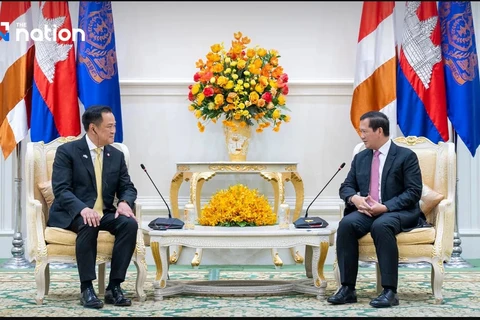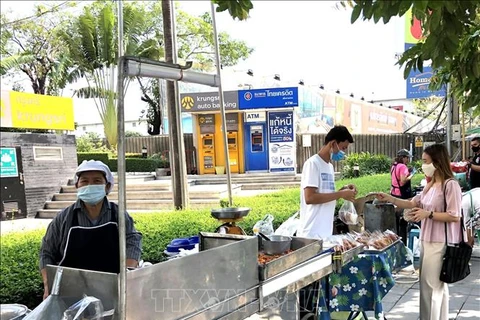Bangkok (NNT/VNA) - The presidential election in the US is scheduled for November 5. In light of this, the Thai Ministry of Commerce is closely monitoring the situation, as changes in the US policy under the new presidency could have a significant impact on the Thai economy.
The Trade Policy and Strategy Office (TPSO) of the Ministry of Commerce is keeping a close eye on developments surrounding the upcoming US presidential election. The differing trade policies proposed by the two candidates could notably influence Thailand’s position in international trade.
Mr. Poonpong Naiyanapakorn, Director of the TPSO, remarked that the candidates have distinctly different approaches to trade, investment, and other policies that could affect inflation rates.
He indicated that if the Democratic candidate, Kamala Harris, wins the election, she is likely to champion free trade and may seek to reintegrate the US into the Comprehensive and Progressive Agreement for Trans-Pacific Partnership (CPTPP). This development could present Thailand with an opportunity to consider joining the pact to enhance trade with other member countries.
Additionally, a potential presidency for Kamala Harris might promote technological collaboration with US partners in Asia, which could benefit Thailand through technology transfers and investments in modern industries.
On the other hand, if former President Donald Trump, the Republican candidate, was to win a second term, it could lead to an increase in import taxes, particularly on goods from China. This might result in more manufacturing relocating from China to Thailand, along with a rise in demand for Thai products in the US market.
Furthermore, a second term for Trump could introduce non-tax trade barriers, which would require Thai businesses to improve their manufacturing standards to maintain competitiveness.
Mr. Poonpong emphasised that the TPSO is developing a flexible response strategy that can adapt to the election results. This approach will be essential for Thailand to effectively navigate any potential policy changes./.
Thailand monitors potential policy changes after US presidential election
The presidential election in the US is scheduled for November 5. In light of this, the Thai Ministry of Commerce is closely monitoring the situation, as changes in the US policy under the new presidency could have a significant impact on the Thai economy.
VNA
See more

Four ASEAN countries help Philippines overcome storm aftermath

Vietnam, Malaysia hold great potential for trade, tourism cooperation: Malaysian expert

EU – ASEAN Green Diplomacy Week 2024 opens in Indonesia

Six Thai destinations honoured for sustainable tourism

Philippine rescuers rush to save Typhoon Trami victims

Philippines: Death toll from Typhoon Trami rises to 65
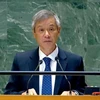
Countries obliged to enforce judgments of International Court of Justice: ambassador

Indonesia, Singapore, Malaysia boost cooperation in maritime safety

Thailand gears up for Amazing Thailand Marathon Bangkok 2024

Thailand seizes 100 kg of crystal meth in tour van, bound for Malaysia
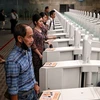
Singapore fully implements passport-less clearance at Changi Airport

Thailand’s automobile output down 25.5% in September

France supports Indonesia in implementing free school lunch programme
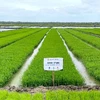
Indonesia commits to fivefold salary increase for Gen Z farmers
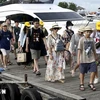
Indonesia aims for tourism 5.0 development
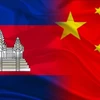
Cambodia, China team up to boost innovation, digital economy

Singapore promotes research on CO2 capture, storage
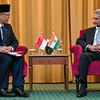
Indonesia bolsters multilateral cooperation on BRICS Summit sidelines

Malaysia’s 2025 budget aims for balance of finance, growth

